In response to the escalating climate crisis, countries around the globe are striving to reduce their carbon footprints and adopt more sustainable practices. The United Kingdom is making significant strides in this direction with initiatives such as the Social Housing Decarbonisation Fund (SHDF), a government program aimed at improving the energy efficiency of social housing nationwide.
Objectives of the Social Housing Decarbonisation Fund
The primary aim of the SHDF is to upgrade the energy performance of social housing in the UK to at least an Energy Performance Certificate (EPC) rating of C. This involves retrofitting existing homes with energy-efficient measures to reduce carbon emissions and lower energy bills for residents. The Fund is a critical component of the UK’s broader commitment to achieve net-zero greenhouse gas emissions by 2050, addressing both environmental and social issues simultaneously.
Previous Rounds of Funding
Wave 3 of the SHDF is currently open for applications, with over £1.2 billion available to all registered providers of social housing, including charities.
The most recent fund, 2.2, has recently closed, and we are eagerly anticipating Wave 3. Previous waves, including Wave 1, Wave 2.1, and Wave 2.2, have been remarkably successful in introducing a variety of decarbonisation measures to the UK rental sector.
- Wave 1: Provided £160 million to social housing providers, fostering the creation of energy-efficient housing across the sector.
- Wave 2.1: Delivered over £800 million, open to social housing organizations, charities, local authorities, and registered providers. This wave had a significant impact on reducing fuel poverty across the country.
- Wave 2.2: Recently concluded, offered a top-up fund of £80 million to further enhance the energy efficiency of UK social housing.
Wave 3 will run until September 2028 and, like previous funds, is open to all registered social housing associations and charitable organizations. The fund aims to end fuel poverty, make heating efficient and affordable, and bring UK social rental properties in line with the country’s energy and environmental goals.
Accessing the SHDF and Available Support
Funding and Grants: The UK government has allocated substantial funds for the SHDF, inviting local authorities and housing associations to bid for grants supporting retrofit projects. The funding covers various energy efficiency improvements, such as insulation, heating system upgrades, and the installation of renewable energy technologies.
Energy Efficiency Measures: The Fund promotes a range of measures, including:
- Insulation: Enhancing wall, loft, and floor insulation to prevent heat loss.
- Heating Systems: Upgrading to energy-efficient boilers or installing heat pumps.
- Renewable Energy: Incorporating solar panels and other renewable energy sources to reduce reliance on fossil fuels.
- Smart Technologies: Implementing smart meters and energy management systems to optimize energy use.
Local Authority and Housing Association Involvement: Local authorities and housing associations are crucial in identifying eligible properties, planning retrofit projects, and engaging with residents to ensure smooth implementation.
Tenant Engagement: Effective communication with tenants is essential to ensure they understand the benefits of the upgrades and how to use new technologies efficiently. This includes educational initiatives and ongoing support.
Outlook for the SHDF
The SHDF is making a significant positive impact on housing standards in the UK. By reducing the carbon footprint of social housing, the Fund is helping the UK achieve its climate targets. Additionally, it lowers energy bills for tenants, addressing fuel poverty in the social housing sector and improving living conditions for low-income families.
The Fund also enhances the health and well-being of low-income families by helping to eliminate damp and mold in properties, benefiting landlords in the long term as well.

